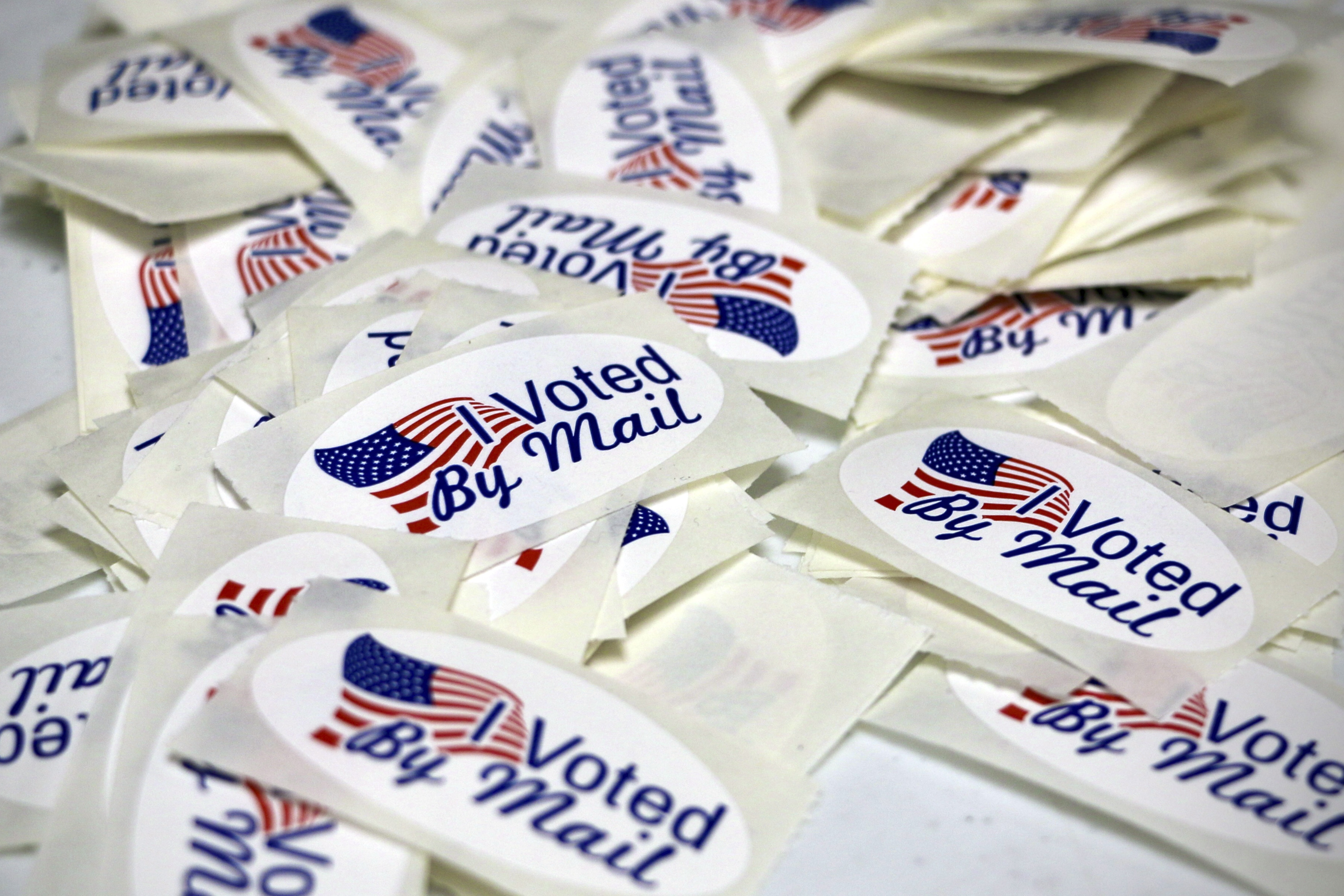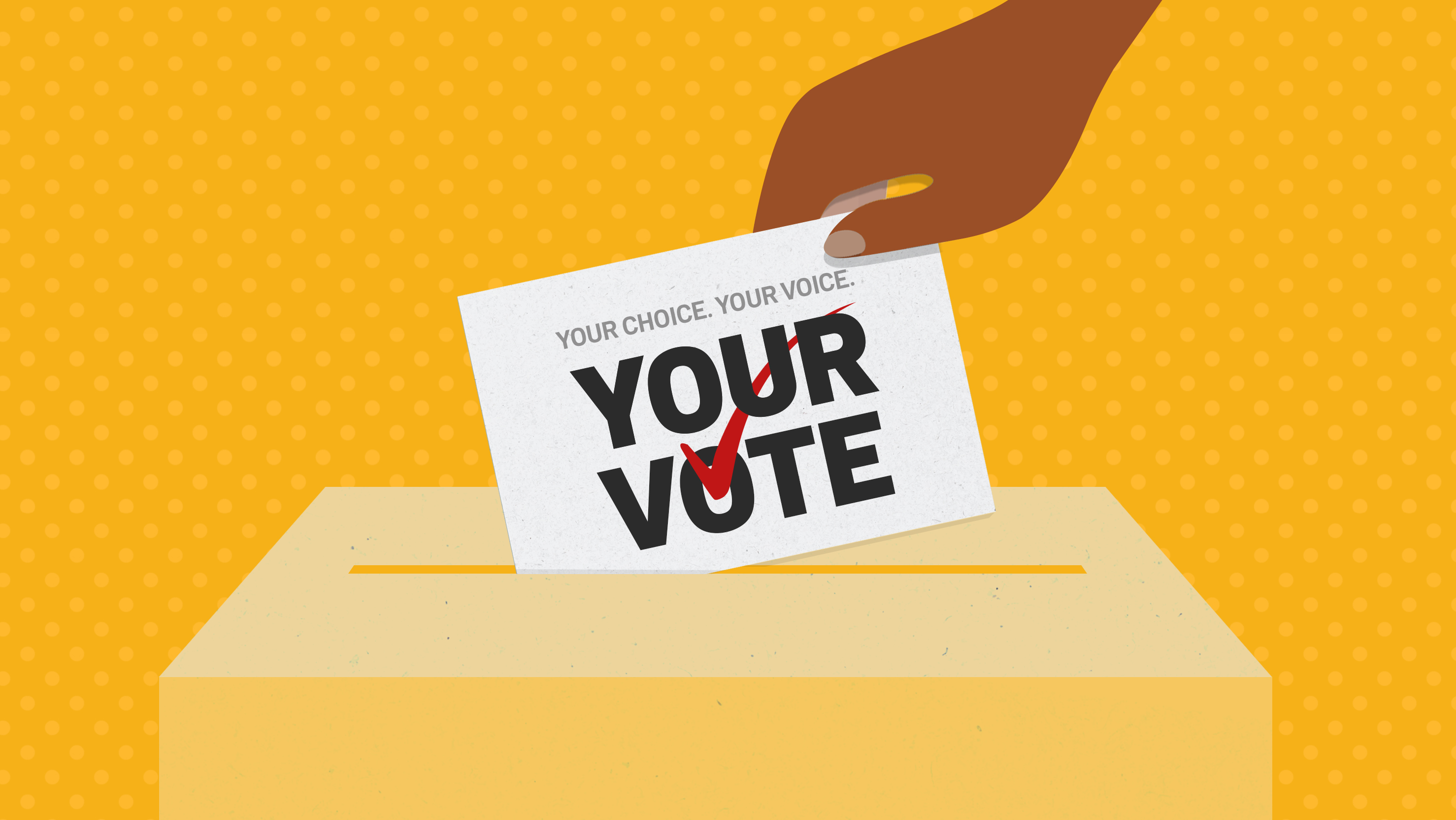
Am I allowed to drop off a ballot for someone else? In most states, the answer is yes — but there might be restrictions.
For example, some states, like Arizona, only allow caregivers, family members or household members to drop off a ballot for someone else. Other states, like California, allow for a ballot to submitted by anyone chosen by the voter as long as they are not paid per ballot they collect.
A few states require designated agents to sign a document confirming they have the authority to deliver someone’s ballot. And a few states explicitly prohibit dropping off someone else’s ballot. Other states don’t have laws on ballot collection at all.
In total, more than half of states have laws that explicitly allow a third party to return a completed ballot, according to a tally from the National Conference of State Legislatures.
Laws allowing ballot collection are designed to make voting more convenient, and to make it possible for people who can’t travel to deliver a ballot on their own. Political groups and campaigns from both parties have run ballot-collection programs with the goal of boosting turnout and helping older, homebound, disabled or rural voters get their ballots returned.
However, in 2020, when the use of drop boxes spiked because of the coronavirus pandemic, some criticized the practice. Former President Donald Trump and others argued that ballot collection, often pejoratively called “ballot harvesting," increased the risk that someone would try to illegally vote on someone else’s behalf or coerce them to vote a certain way. Surveys after the 2020 election found that voters who cast ballots for President Joe Biden were far more likely to report voting by mail than voters for Trump.
Election security experts say that voter fraud is rare among all forms of voting, including by mail and at drop boxes. They point to a 2018 congressional election in North Carolina, when a Republican political operative and his staff illegally gathered ballots and forged signatures, as one of the few instances of voter fraud related to ballot collection. That election was overturned.
After the 2020 election, a discredited film claimed without evidence that a multistate network of Democrat-aligned ballot “mules” were paid to illegally collect and drop off ballots in five states. But the film showed no evidence that the individuals it showed on surveillance tapes were part of a ballot scheme, and a state investigation found that at least one person featured in the film was legally dropping off ballots of family members. The film also pointed to cellphone geolocation data, which experts say is not precise enough to identify whether someone used a drop box or simply traveled near it. Drop boxes are frequently placed intentionally in public, high-traffic spaces.
Feeling out of the loop? We'll catch you up on the Chicago news you need to know. Sign up for the weekly> Chicago Catch-Up newsletter.
An Associated Press survey in May 2022 found that among states that used drop boxes in the 2020 presidential election, none reported instances of drop boxes being involved in fraud that could have affected the results.



